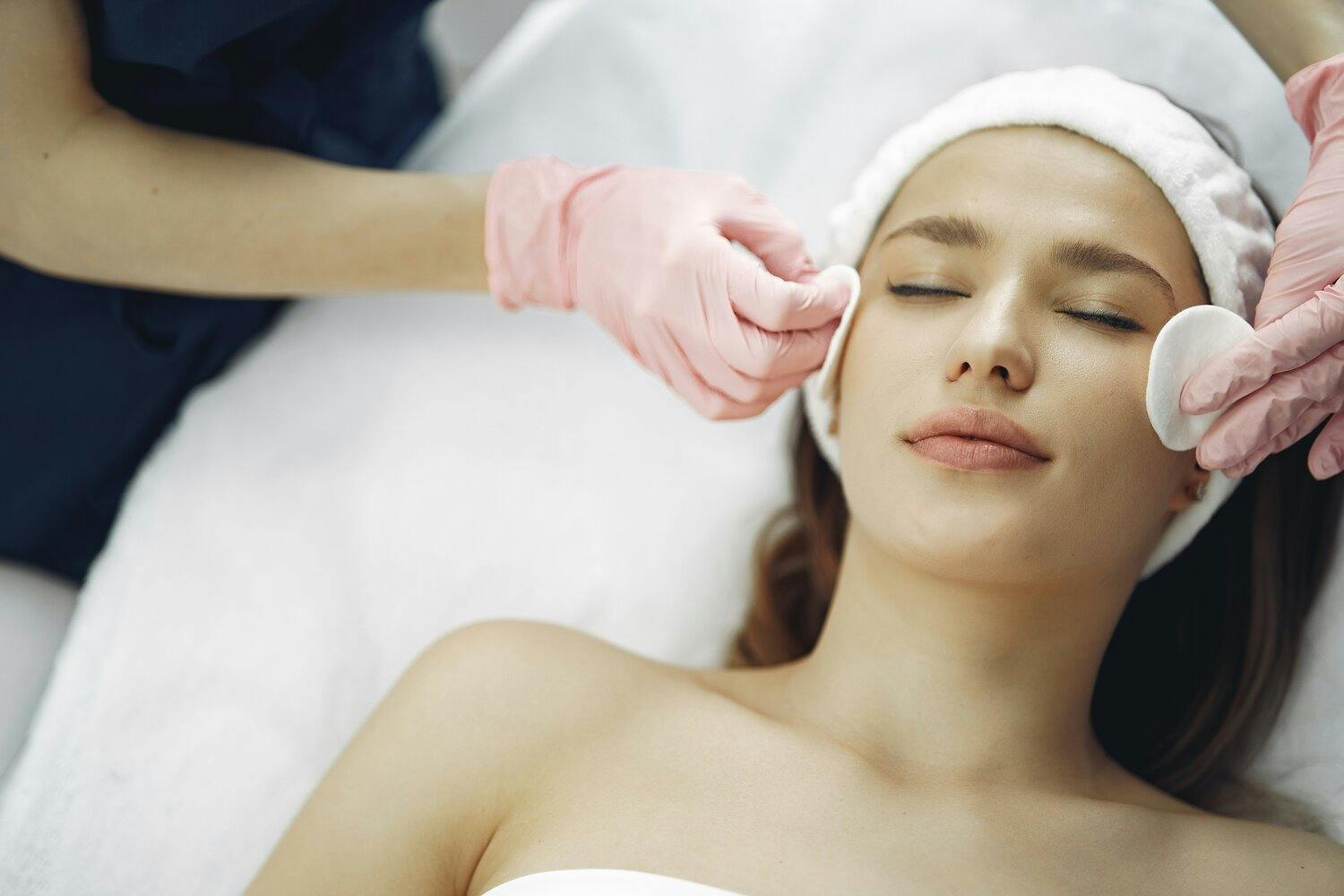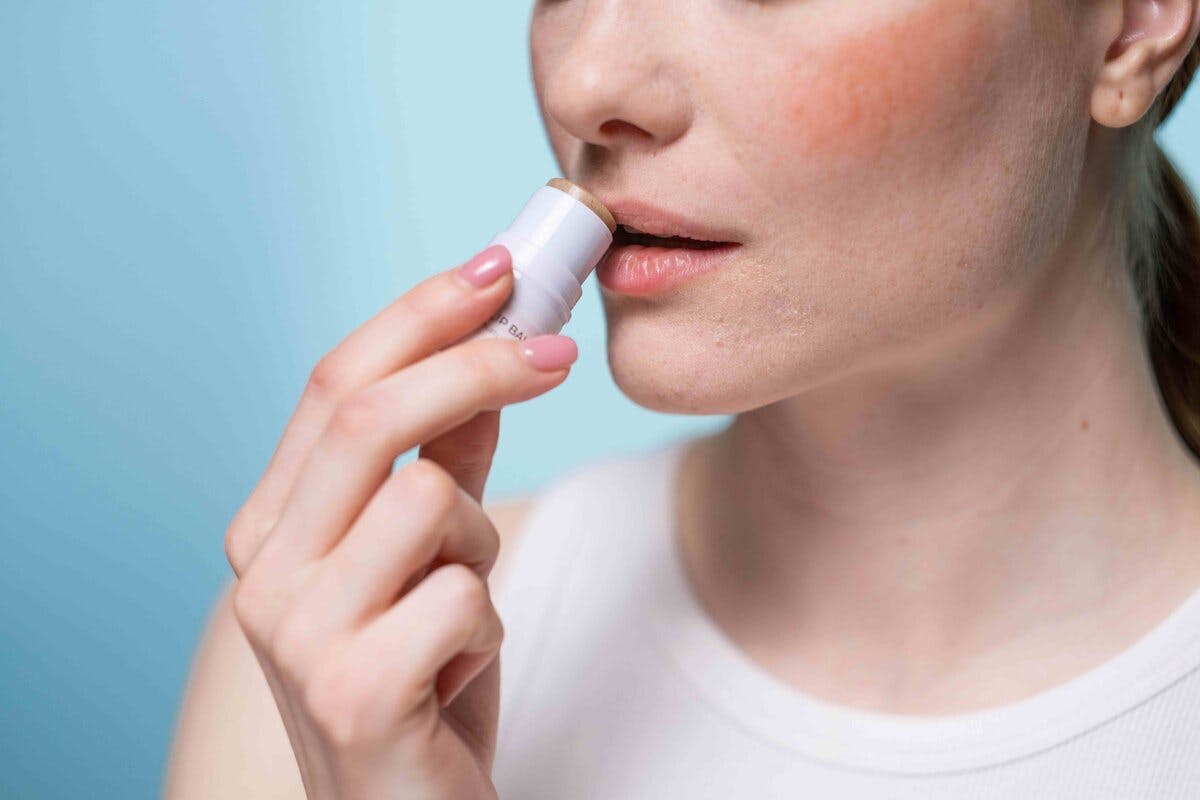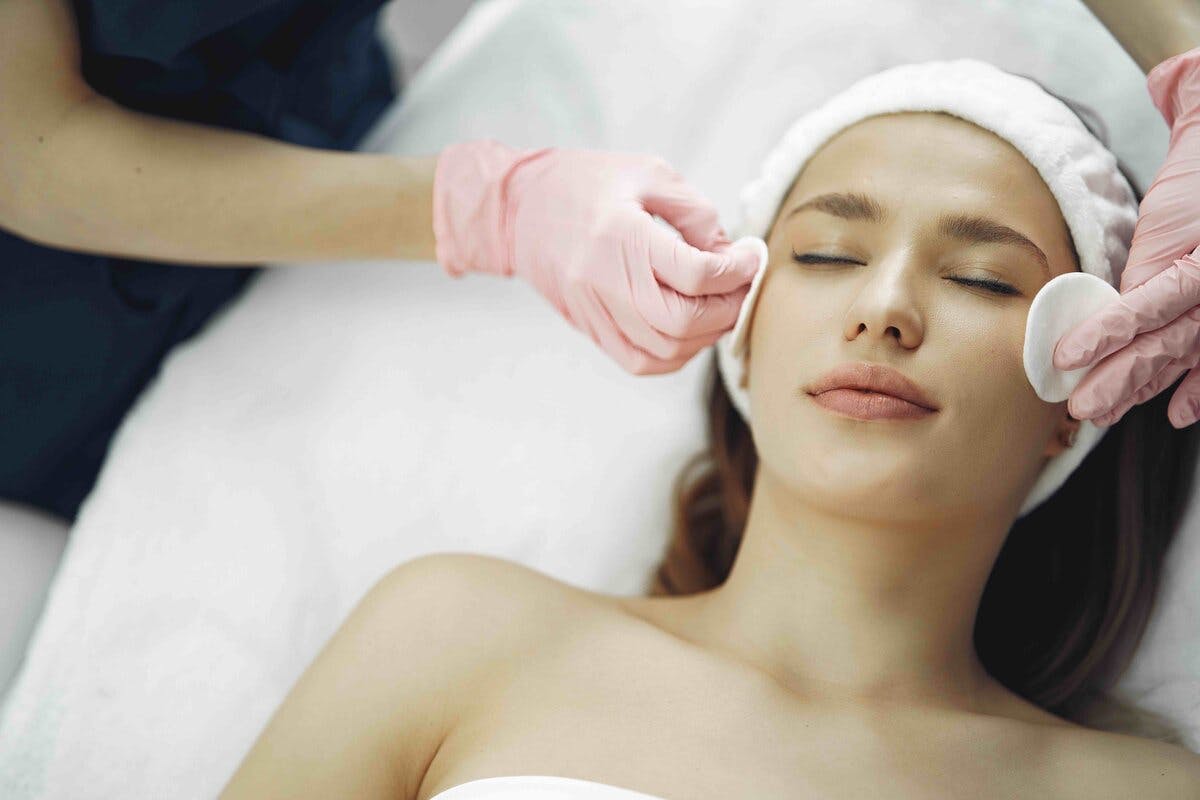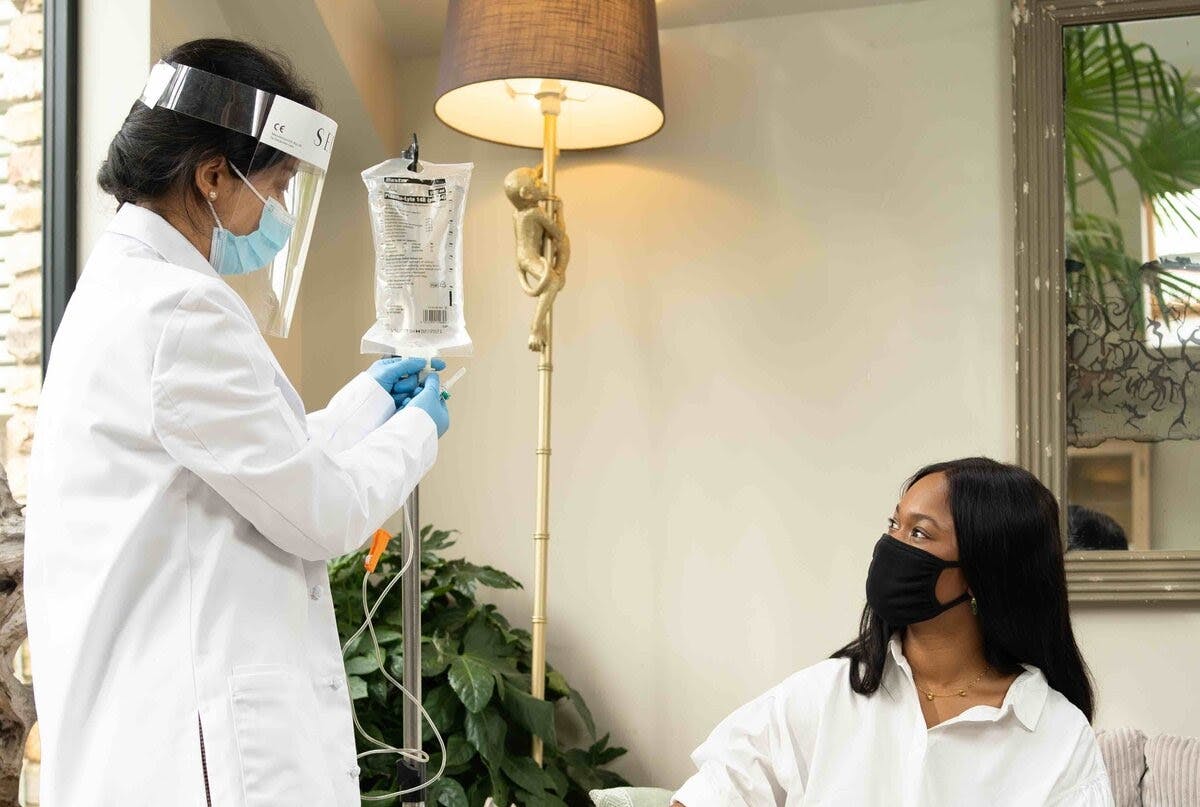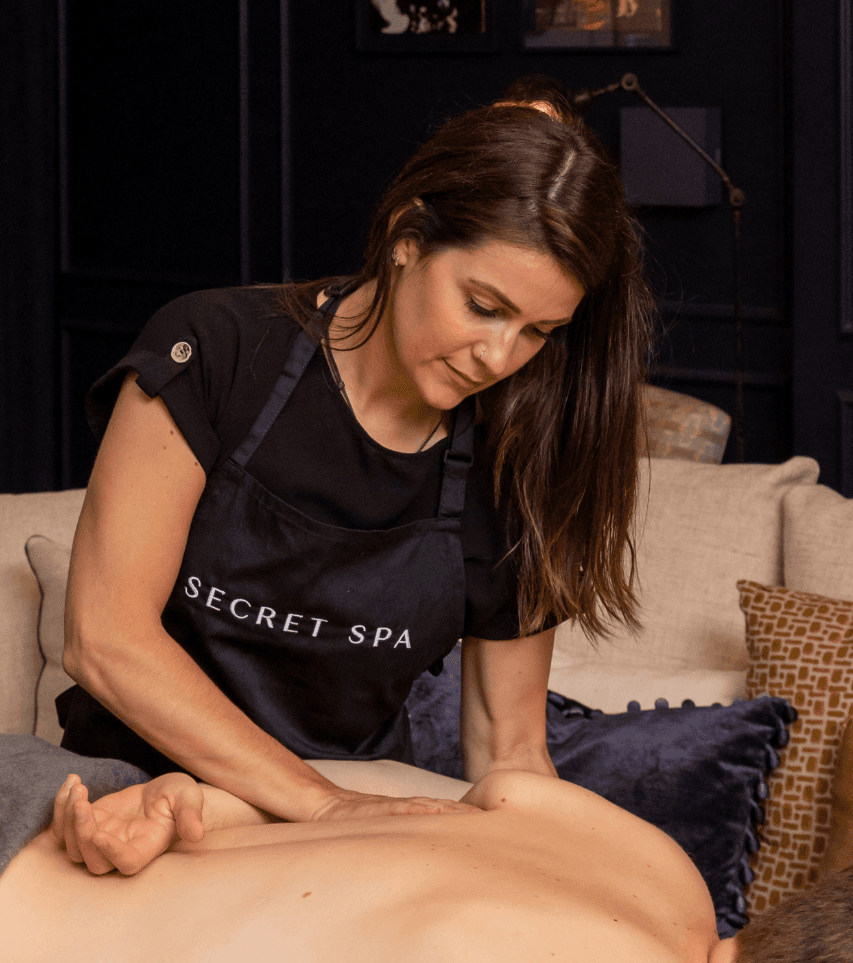Are your skin and hair suffering from a long-term alcohol hangover?
Apr 11, 2022
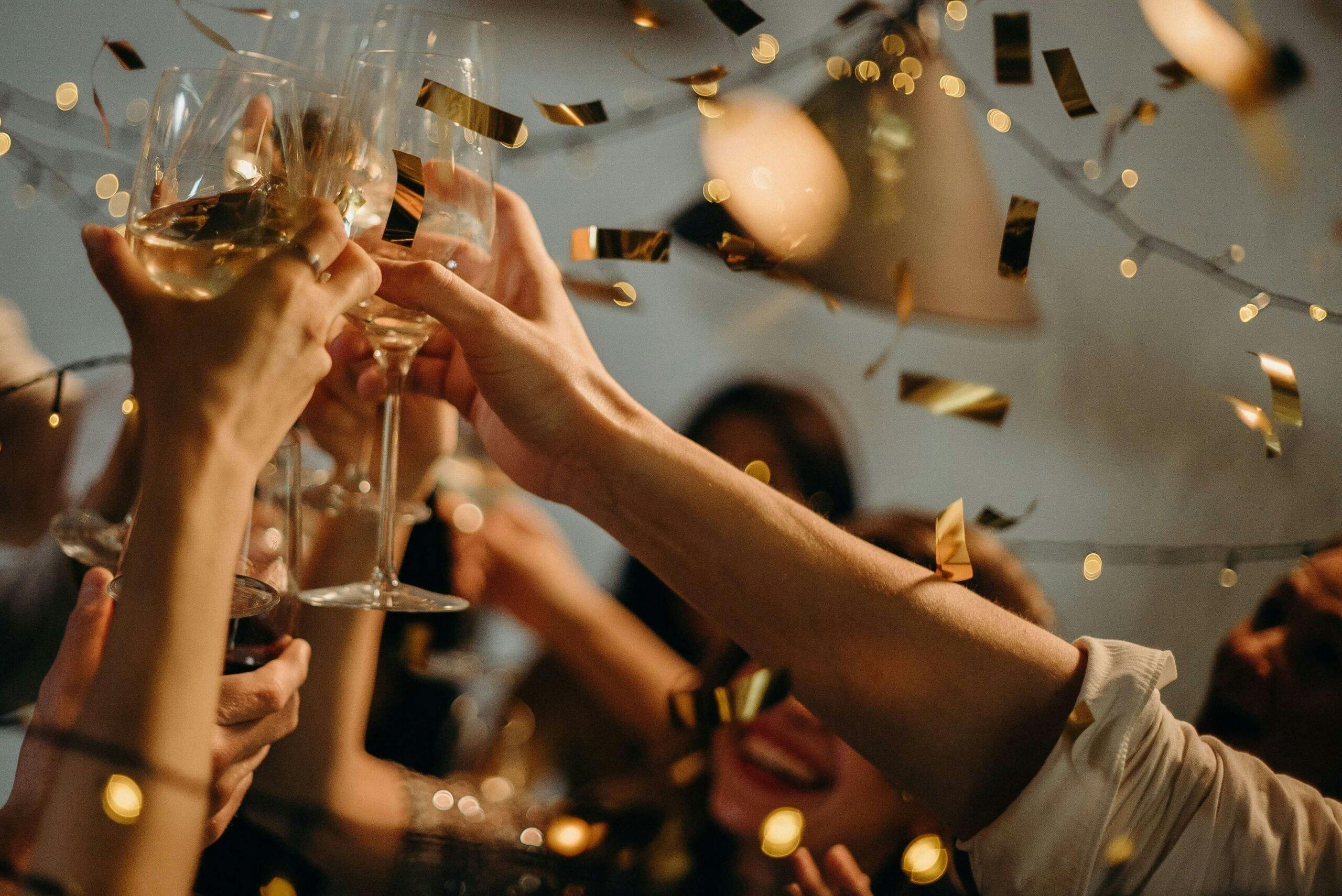
When it comes to alcohol and skin, we need to look at the inside as well as the outside. We’re not here to start preaching about cutting down on your good times with friends (we all need them), but rather, here to open your eyes to its negative effects on your skin. This is two-fold. There’s the alcohol we drink after a long day, and the alcohol used in beauty products themselves. This can be quite shocking to realise that so many cosmetics contain alcohol, despite the harmful side effects! Read on to learn more about how alcohol affects your skin and the issues it can cause.
How does alcohol affect your skin and hair?
The reality is that alcohol and skin issues go hand in hand. Unfortunately, there’s not much that’s good about alcohol when it comes to your skin or hair. We know that going teetotal isn’t an appealing option for many. But when you fully understand how alcohol affects your skin and hair, you may want to consider making some small changes in the name of looking and feeling your best. It’s easiest to understand how alcohol affects your skin in terms of two core issues: dehydration and inflammation.
Dehydration from alcohol
Alcohol causes dehydration and this is the biggest problem for your hair, but is also a huge issue for your skin. Dehydration will affect you if you drink alcohol, but also if you use products that contain alcohol, such as alcohol-based toners.Dehydration causes your skin to lose some of its elasticity, which is why alcohol is associated with skin ageing. Yes, those nights on the tiles are adding to the wrinkles, not just through lack of sleep. The dehydration also causes dryness and dullness affecting your skin’s complexion. And just for good measure, you can blame alcohol-related dehydration for your enlarged pores too.It’s not just that dehydration can be rectified by drinking more water and using hydrating creams and lotions. It also stops your skin receiving the nutrients it needs to stay radiant, supple and fresh.
Inflammation from alcohol
Along with dehydration, alcohol causes inflammation which can make the skin appear redder, blotchy and puffy. It’s the inflammatory response of alcohol that can make acne worse after drinking. Those with rosacea will also know that alcohol can negatively affect your complexion. It’s thought that the reason why alcohol causes such inflammation is because of its very high sugar content. Evidence has shown that the sugar from alcohol causes the release of a hormone called IDF-1 (insulin-like growth factor). This makes your skin overproduce oil, leading to breakouts and acne.Rosacea is often triggered by alcohol, particularly red wine. But alcohol can trigger a red and blotchy complexion in everyone. This is because it opens up blood vessels to the skin and causes flushing. At the same time as causing dehydration, it can also cause your skin to retain fluid in certain areas, causing puffiness.
Are some alcoholic drinks worse for your skin than others?
We know that excessive alcohol can cause significant skin problems. However, many of us still want to continue drinking alcohol in moderation, despite the implications of dehydration and inflammation. In this instance, it’s fair to ask if some drinks are less harmful than others.It turns out that some alcoholic drinks are worse than others for your skin and hair. The worst drinks to reach forare dark spirits. So it may be time to forgo the JD & coke. Red wine is often hailed as the healthiest of alcoholic drinks, for its polyphenols. However, it’s not great for your skin and likely to cause the most redness and blotchiness. Cocktails are, unfortunately, tricky due to their high sugar content.Ok, so what can we drink?! It turns out that the least harmful alcohol, as far as your skin is concerned, is clear spirits as they tend to be ‘clean’ alcohols without additives. Reaching for a G&T might be the most skin-friendly option! Beer isn’t ideal, but isn’t as bad as some of the alcoholic options listed above.
How to reduce the effect of alcohol on your skin
The excellent news is that there are things you can do to reduce the effects of alcohol on your skin.The first thing to do is to increase your hydration. When you enjoy an alcoholic drink, make sure you also drink plenty of water at the same time. If you’re having a big night out, alternate alcoholic drinks with glasses of water and have a large drink of water before bed (it’ll help with the hangover too!).Avoid alcohol-based skin care at all costs. Instead opt for calming and soothing skincare products. Don’t forget to use a hydrating night cream and a good moisturiser too. We love Elemis’s new Pro-Collagen Morning Matrix – the daytime counterpart to their best-selling and seriously covetable Pro-Collagen Overnight Matrix. Suitable for all skin types, the bouncy texture replenishes moisture throughout the day and includes Japanese Artemisia Capillaris, which protects the skin from the ageing effects and free radicals released by blue light.Aim to eat a balanced diet that’s rich in antioxidants. Alcohol releases free radicals, and antioxidants can help to mop these up. We also recommend that you choose supplements that can help combat the effects of alcohol on your skin. In particular, make sure that you are getting enough Vitamin A, which is vital for skin health. Vitamin A is retinol – a key ingredient in many anti-ageing creams and with good reason. This will help your skin, hair and nails to weather the effects of alcohol.You can also help to prevent some of the alcohol damage to your skin by exercising regularly. This helps blood flow which will help your skin to look plump and radiant. A good sweaty workout can also help to clear out your pores.If you’ve had a night out and enjoyed a few too many drinks, sleep with your head on an extra pillow. This can help to reduce the puffiness around your eyes that is characteristic of a hangover! Keep the room cool and try to get a full night’s sleep.
Extra TLC after drinking
You can’t undo the effects of drinking alcohol, but you can take steps to look after your skin, increase hydration and decrease inflammation. Home IV drips can help you replenish lost nutrients and regain balance – choose the Deluxe Recovery IV Drip if you’re in need of a post-drinking pick-me-up. A facial can also improve the radiance of your skin and deliver much needed hydration. Treating yourself doesn’t have to mean reaching for the alcoholic bubbles! You and your friends could indulge in a spa treatment at home instead!
[button link="https://book.secretspa.co.uk/categories"]Book a treatment[/button]
Book our
experts today
Related Articles
What is microdermabrasion and what are the benefits?
Oct 9, 2020
How to care for dry lips in winter
Jan 31, 2022
Facials 101: How often to have a facial, aftercare advice and benefits
May 12, 2020
What is dermaplaning and should you try it?
May 18, 2021
10 best superfoods for glowing skin
Feb 25, 2021
How to revive hangover skin
Aug 6, 2021
